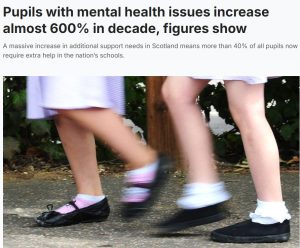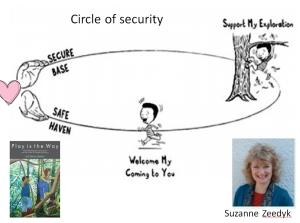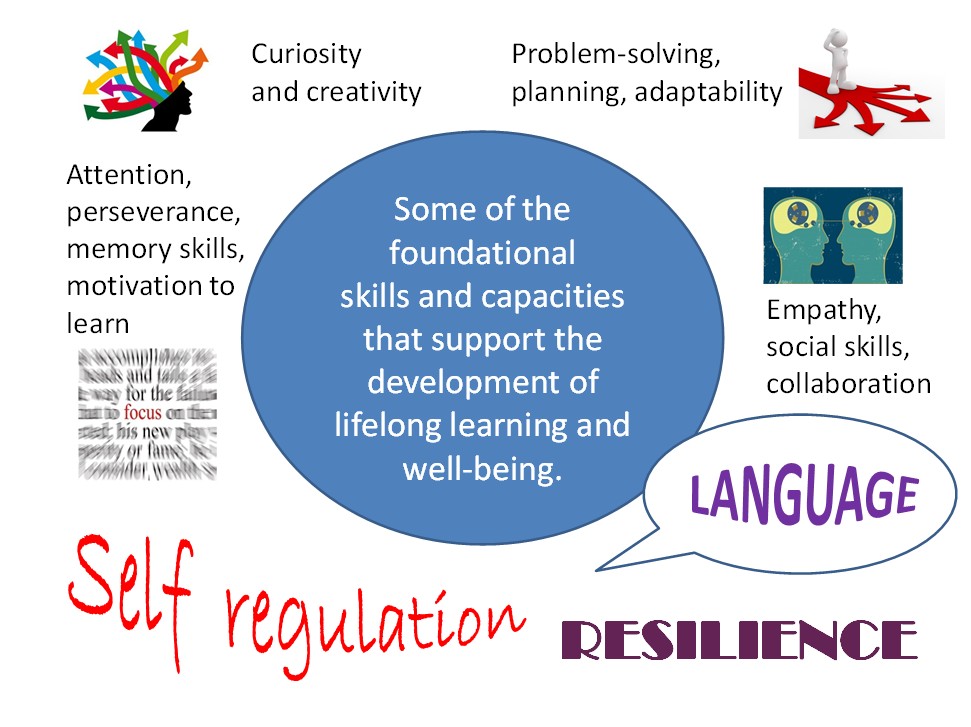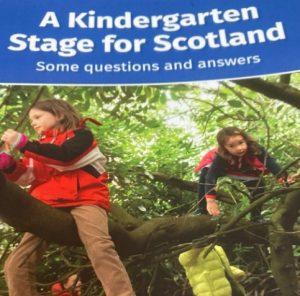Sue Palmer
Tobacco has much in common with smart phones. For a start, they’re both extremely addictive. Secondly, when they first arrived in Britain, children were soon as addicted to them as adults. And nobody saw it as a problem – indeed, many adults encouraged children to partake of these exciting new American imports.
Four hundred years ago, parents and children sat happily smoking together at home and tobacco was welcome in schools. Indeed, it was thought to ward off the plague so in the 1600s boys at Eton College were whipped for not smoking.
Nevertheless, people slowly wised up to the dangers of tobacco-smoking, and age restrictions on tobacco were finally introduced in 1908. It’s fortunate that 21st century adults have now begun to recognise the dangers of allowing children unrestricted access to smartphones. Even more fortunately, it’s only taken four decades, as opposed to four centuries.
 This fascinating video of an interview with Jonathan Haidt shows how one American dad got the message and Australia has now introduced a social media ban for the under-16s. Many US states are introducing phone-free schools and in Scotland two Edinburgh secondary schools went phone-free in May.
This fascinating video of an interview with Jonathan Haidt shows how one American dad got the message and Australia has now introduced a social media ban for the under-16s. Many US states are introducing phone-free schools and in Scotland two Edinburgh secondary schools went phone-free in May.
To anyone concerned about the spiralling mental health crisis among children and young people, this clamp-down on social media and phone addiction is excellent news and long may it continue. But these aren’t the only aspects of modern life that damage children’s mental health. As Jonathan Haidt says, over the last half century most of the human race has moved from a play-based to a phone-based childhood. As screen-based technology moved into children’s lives, ‘real play’ moved out.
The importance of love and play
 Real play – active, outdoor play with real people in real places (preferably green spaces) – is vital for children’s overall healthy development, especially in the first seven or so years. So is the presence of loving, non-judgemental adults who provide a safe haven when young children return from the daring ventures known as ‘play’. Love and play are deep biological needs in young human beings, underpinning their long-term mental and physical health, as well as the capacity for lifelong learning.
Real play – active, outdoor play with real people in real places (preferably green spaces) – is vital for children’s overall healthy development, especially in the first seven or so years. So is the presence of loving, non-judgemental adults who provide a safe haven when young children return from the daring ventures known as ‘play’. Love and play are deep biological needs in young human beings, underpinning their long-term mental and physical health, as well as the capacity for lifelong learning.
Suzanne Zeedyk wrote powerfully about this in Upstart’s book Play is the Way (2020). In the follow-up book, Born to Play (2025), I’ve contributed a chapter about how rapid cultural changes over the last forty years have made it increasingly difficult for little children to play outdoors with their peers, safe in the knowledge that caring adults are readily available when they’re ready to return to the fold.
Legislation is not enough
This, therefore, is where the comparison between cigarettes and smartphones breaks down. Because legislation about phone use isn’t enough. Our society also has to ensure that children have enough love and play during the years when their bodies and minds are developing. This is when they need time, play and the right sort of adult support to develop the skills and capacities they need for lifelong health, well-being and learning.

Love and play have underpinned the healthy development of lucky children throughout the millennia, at all times and in all cultures, especially during the early years (up to about age seven or eight). And we’re already seeing how changes in childhood culture for this age group are adversely affecting development. Lack of play in early childhood isn’t just damaging young children’s physical and mental health. It’s also contributing significantly to the problems currently besetting our education system – mushrooming additional support needs and behavioural problems, and the ever-widening attainment gap between rich and poor.
 That’s why, for the last ten years, Upstart has been advocating for a relationship-centred kindergarten stage for three- to seven-year-olds – a 21st century way to give all children time to develop their human potential before formal education begins. As technological advances throw up ever more distractions and challenges, 21st century children are going to need all their inborn skills and capacities (especially self-regulation and resilience) to see the species through.
That’s why, for the last ten years, Upstart has been advocating for a relationship-centred kindergarten stage for three- to seven-year-olds – a 21st century way to give all children time to develop their human potential before formal education begins. As technological advances throw up ever more distractions and challenges, 21st century children are going to need all their inborn skills and capacities (especially self-regulation and resilience) to see the species through.
Play is the Way and Born to Play are both available from Postcards from Scotland .
Join us (free) for the first Born to Play online Book Group (7pm 4-6-25 https://www.eventbrite.co.uk/o/upstart-scotland-19932875205) Future Book Groups will be announced in the Upstart Newsletter.



